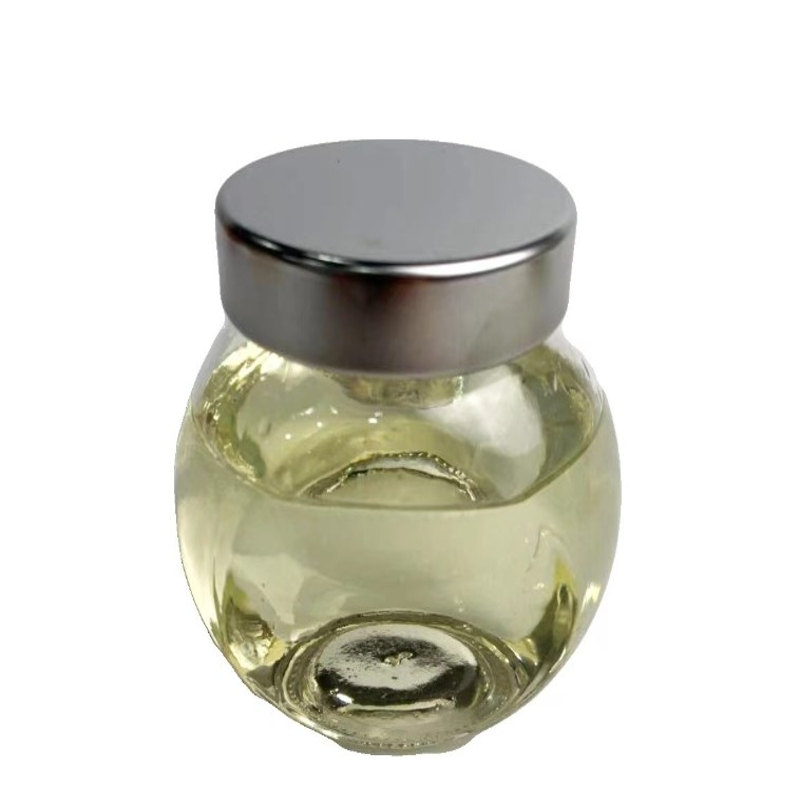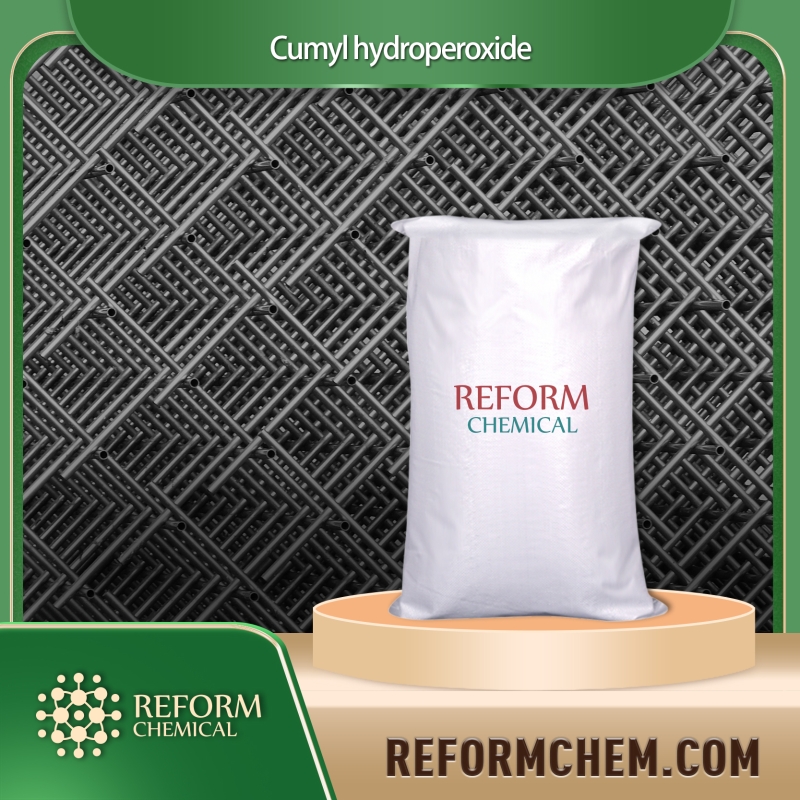-
Categories
-
Pharmaceutical Intermediates
-
Active Pharmaceutical Ingredients
-
Food Additives
- Industrial Coatings
- Agrochemicals
- Dyes and Pigments
- Surfactant
- Flavors and Fragrances
- Chemical Reagents
- Catalyst and Auxiliary
- Natural Products
- Inorganic Chemistry
-
Organic Chemistry
-
Biochemical Engineering
- Analytical Chemistry
-
Cosmetic Ingredient
- Water Treatment Chemical
-
Pharmaceutical Intermediates
Promotion
ECHEMI Mall
Wholesale
Weekly Price
Exhibition
News
-
Trade Service
Aluminum nitrate is a white crystalline solid that is widely used in the chemical industry due to its various applications.
It is produced by mixing aluminum oxide with nitric acid, and it is often used as a catalyst in the production of polymers, as a flocculant in water treatment, and as a catalyst in the production of chemicals such as titanium dioxide.
One of the most common applications of aluminum nitrate is as a catalyst in the production of polymers.
Polymers are large, complex molecules that are made up of many repeating units.
They are used in a wide range of products, including plastics, textiles, and adhesives.
Aluminum nitrate is used as a catalyst in the production of polyester fibers, polyethylene terephthalate (PET), and other polymers.
It helps to improve the efficiency of the reaction and to reduce the amount of energy required to produce the polymer.
Another common application of aluminum nitrate is in water treatment.
It is used as a flocculant, which is a substance that causes suspended solids in water to clump together and settle to the bottom of the container.
This makes it easier to remove the solids from the water.
Aluminum nitrate is used in water treatment plants to remove impurities such as iron and manganese, which can cause staining and other problems.
It is also used in industrial wastewater treatment to remove heavy metals and other pollutants.
In addition to its applications as a catalyst and flocculant, aluminum nitrate is also used as a catalyst in the production of other chemicals, such as titanium dioxide.
Titanium dioxide is a white pigment that is used in a wide range of products, including paint, plastics, and paper.
Aluminum nitrate is used as a catalyst in the production of titanium dioxide by the chloride process, which involves the chlorination of ilmenite ore to produce titanium dioxide.
Aluminum nitrate is also used in the production of other chemicals, such as aluminum sulfate, which is used in the production of paper, textiles, and detergents.
It is also used in the production of ammonium sulfate, which is used as a fertilizer and in the production of explosives.
In conclusion, aluminum nitrate is a versatile and useful chemical that is widely used in the chemical industry.
Its applications as a catalyst in the production of polymers and other chemicals, as a flocculant in water treatment, and as a catalyst in the production of titanium dioxide, make it an essential chemical in the industry.
Its ability to improve the efficiency of reactions and to remove impurities from water make it an invaluable tool for the production of a wide range of products.







